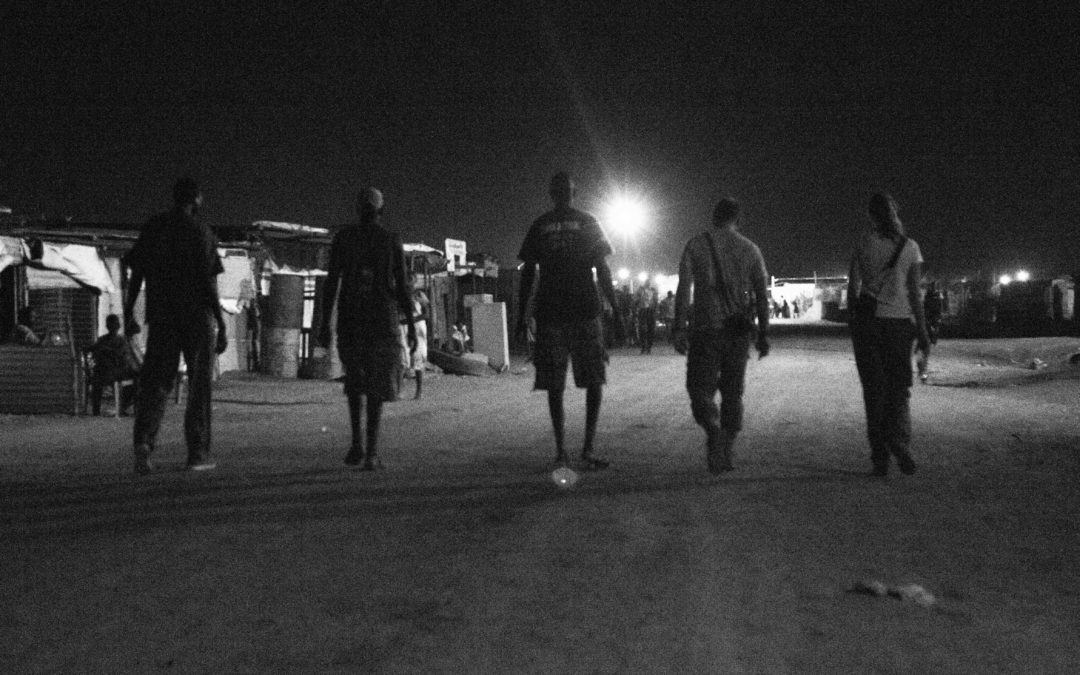

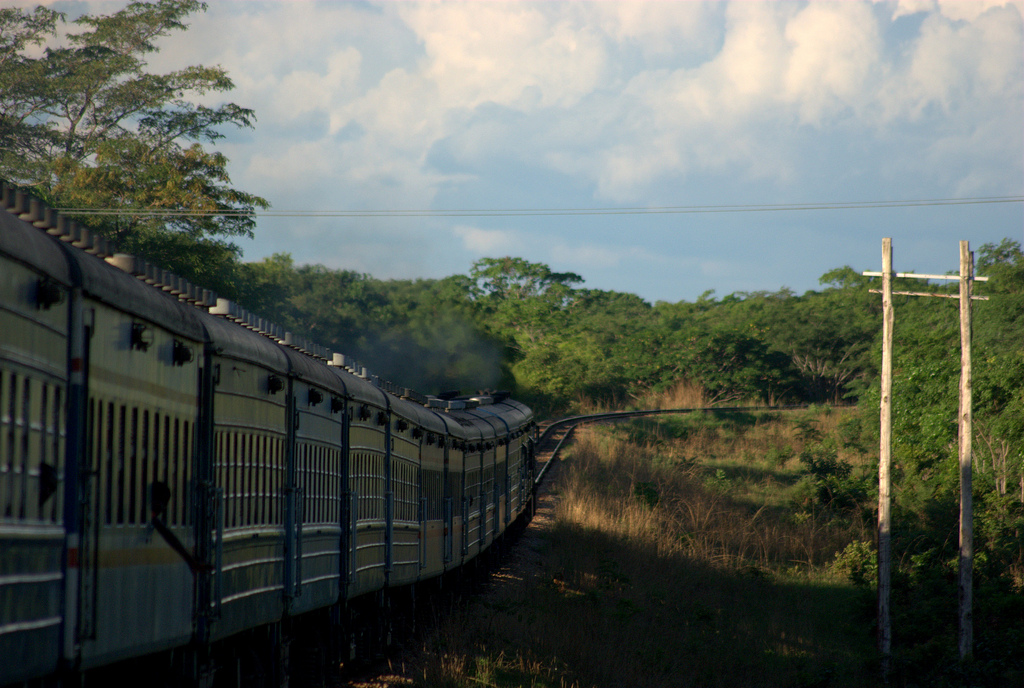
Fragments
Some years ago, I began to notice the reticence of really smart people to answer what would appear to me to be even the most simple questions. I should have thought harder, at the time, about why that was. But, y’know, I didn’t.
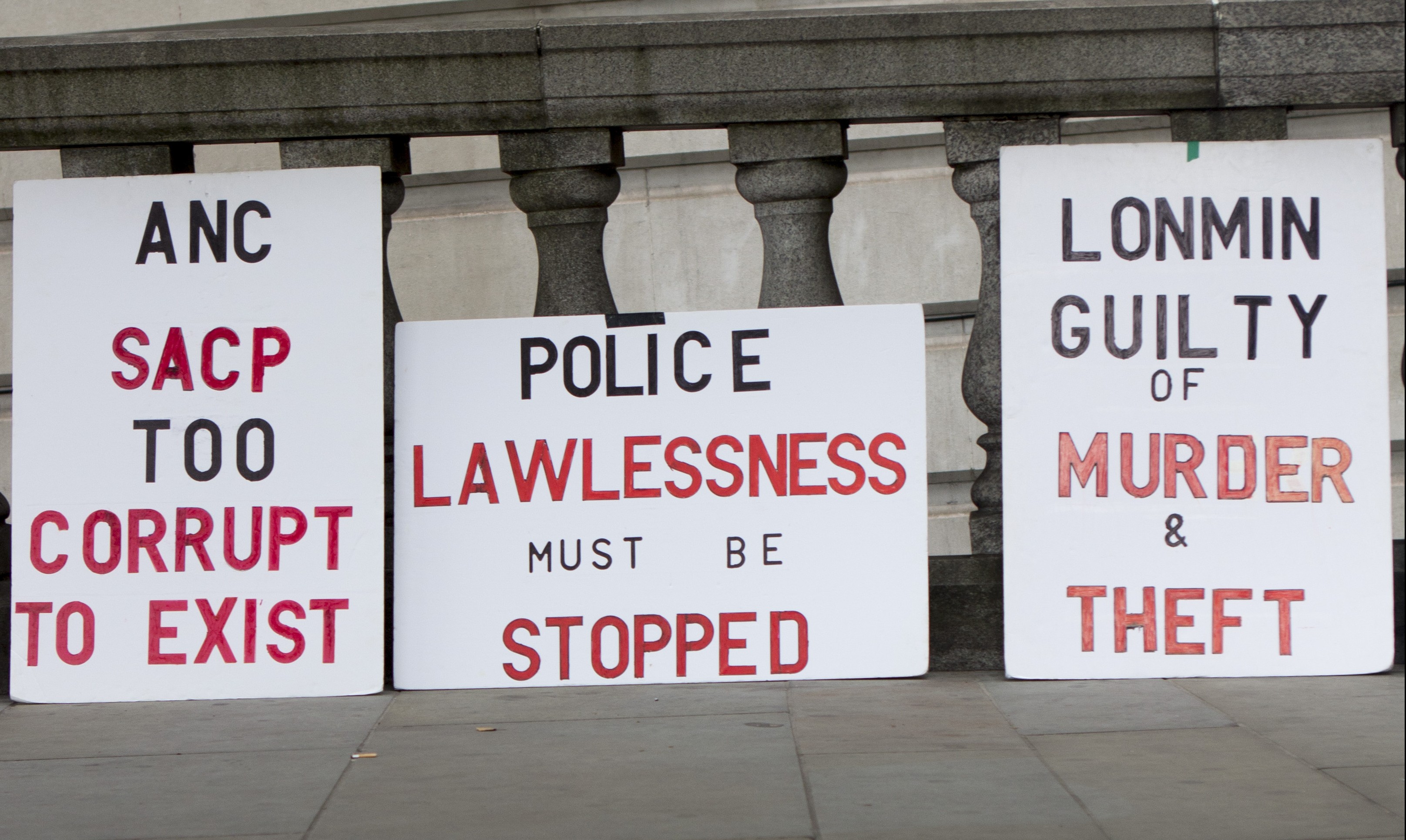
Ranciere v Fanon: South Africa’s Insurgent Citizens
“It is true that we don’t know that men are equal. We are saying that they might be. This is our opinion, and we are trying, along with those who think as we do, to verify it. But we know that this might is the very thing that makes a society of humans possible.” -Jacques Rancière
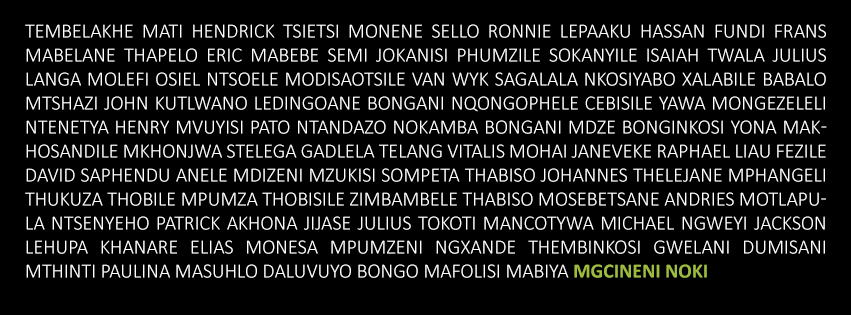
Reading Marikana
When the xenophobic riots of May 2008 rocked South Africa, Thabo Mbeki was roundly criticised for dragging his feet on deploying the army into the townships to resolve widespread violence that the police seemed unable to contain. Not because the army would have been ineffective in quashing the violence, but because he was unwilling to publicly recreate the apartheid-era symbol of soldiers in the townships, recognising the power that the juxtaposition of soldiers and shacks would have in the public imagination.
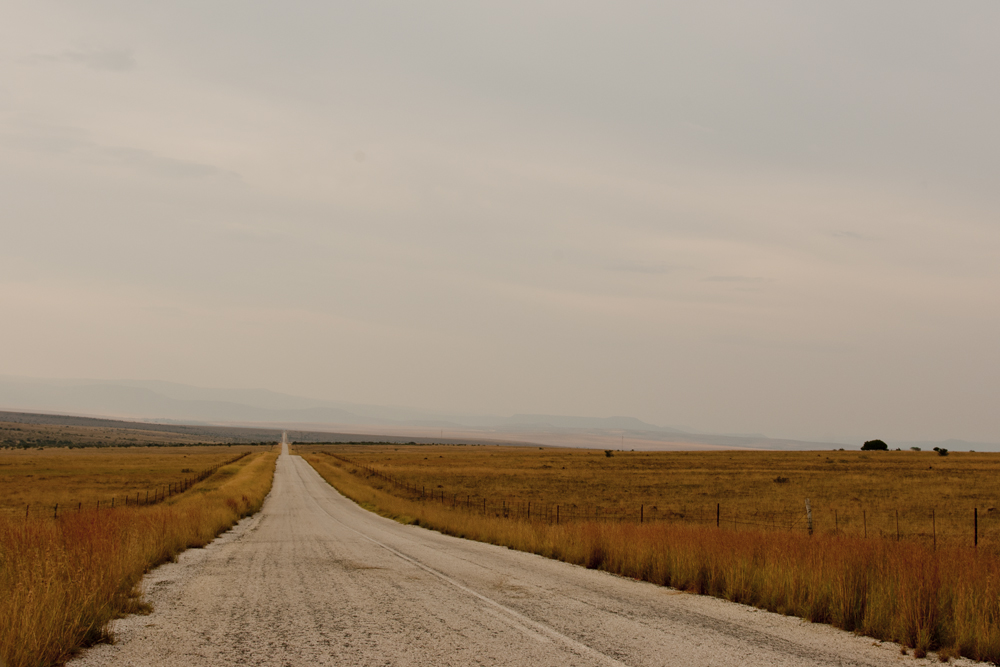
Notes from the Marikana Commission Report
I’ve spent the twenty-four hours following the release of the Marikana Report sitting and reading it, making reader’s notes as I go, as a service to those who won’t have the time to spend going through the 600-page document. So having taken a massive nap since, I want to just share a couple of thoughts on it
